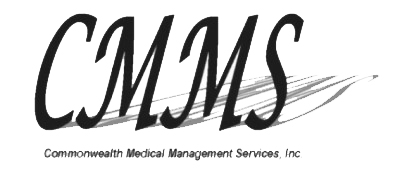In an AMA Morning Rounds article published earlier this month, we read that the Acting Administrator for the Centers for Medicare and Medicaid Services, Andy Slavitt said 2016 would likely see the end of the Meaningful Use Program altogether. See the full article below:
Published by: American Medical Association: AMA Morning Rounds: January 13, 2016
CMS chief: Meaningful use will likely end in 2016
Healthcare IT News (1/13, Miliard) reports that “the meaningful use program is on the cusp of major changes, the Centers for Medicare and Medicaid Services Acting Administrator Andy Slavitt said late Monday, adding that 2016 would likely see the end of the program altogether.” Despite previously describing meaningful use Stage 3 as “what everybody will be doing…in 2018 and beyond,” and “declaring, as recently as this past October, that Stage 3 would proceed as planned, CMS looks to be changing its tune.” Speaking at the J.P. Morgan Healthcare Conference in San Francisco, Slavitt offered “few details,” but was quoted as saying, “We have to get the hearts and minds of physicians back. I think we’ve lost them.” Healthcare IT News points out that this has “been the feeling for some time, especially from the perspective of groups such as the American Medical Association.”
EHR Intelligence (1/13, Heath) reports that earlier in the week, executives from the CMS and the AMA met “to discuss the evolving healthcare market and the direction meaningful use is going to take going forward.” Slavitt said, “The meaningful use program as it has existed will now effectively be over, and replaced with something better. Since late last year we’ve been working side by side with physician organizations across many communities, including with great advocacy from the AMA and have listened to the needs and concerns of many.” The proposed changes “appeared to be welcome by AMA vice president and CEO James L. Madara.” Madara stated, “What we learned from our own studies and studies with others is physicians are motivated by patient care and they’re motivated by things they believe in. If they’re asked to do box checking on process measures that they don’t think have an evidence base, it really deteriorates the relationship with the system between the physician community and the regulators.”
